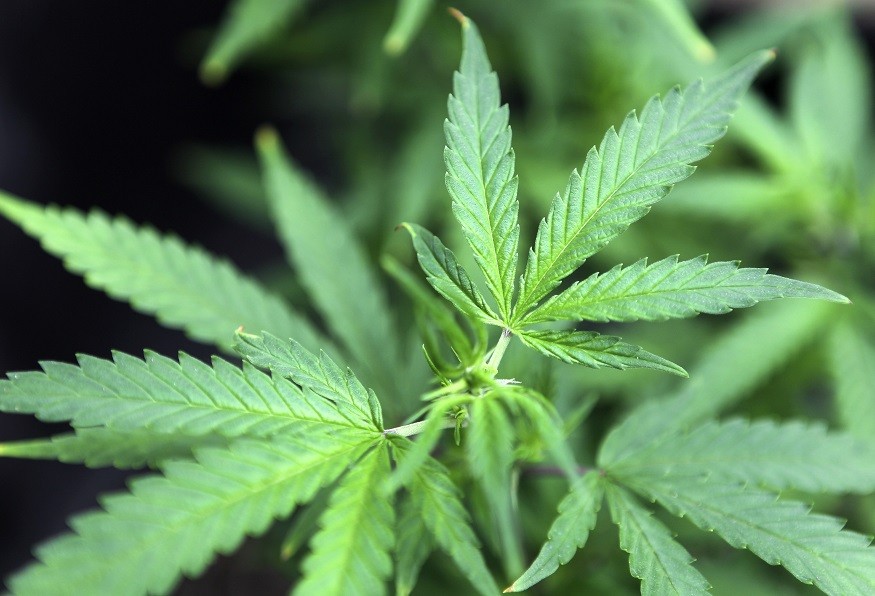“Cannabis is taken as self-medication by patients with inflammatory bowel disease for symptomatic relief.
Cannabinoid receptor agonists decrease inflammation in animal models of colitis, but their effects on the disturbed motility is not known. (-)-Cannabidiol (CBD) has been shown to interact with Δ9-tetrahydrocannabinol (THC) in behavioural studies, but it remains to be established if these cannabinoids interact in vivo in inflammatory disorders.
Therefore the effects of CBD and THC alone and in combination were investigated in a model of colitis…
In this model of colitis, THC and CBD not only reduced inflammation but also lowered the occurrence of functional disturbances. Moreover the combination of CBD and THC could be beneficial therapeutically, via additive or potentiating effects.
As the two phytocannabinoids modulate the immune system and differ in their pharmacological profile, their combination could be more beneficial than either drug alone. Additionally CBD could not only potentiate the therapeutic effects of THC, but also attenuate some of its undesirable effects…”





